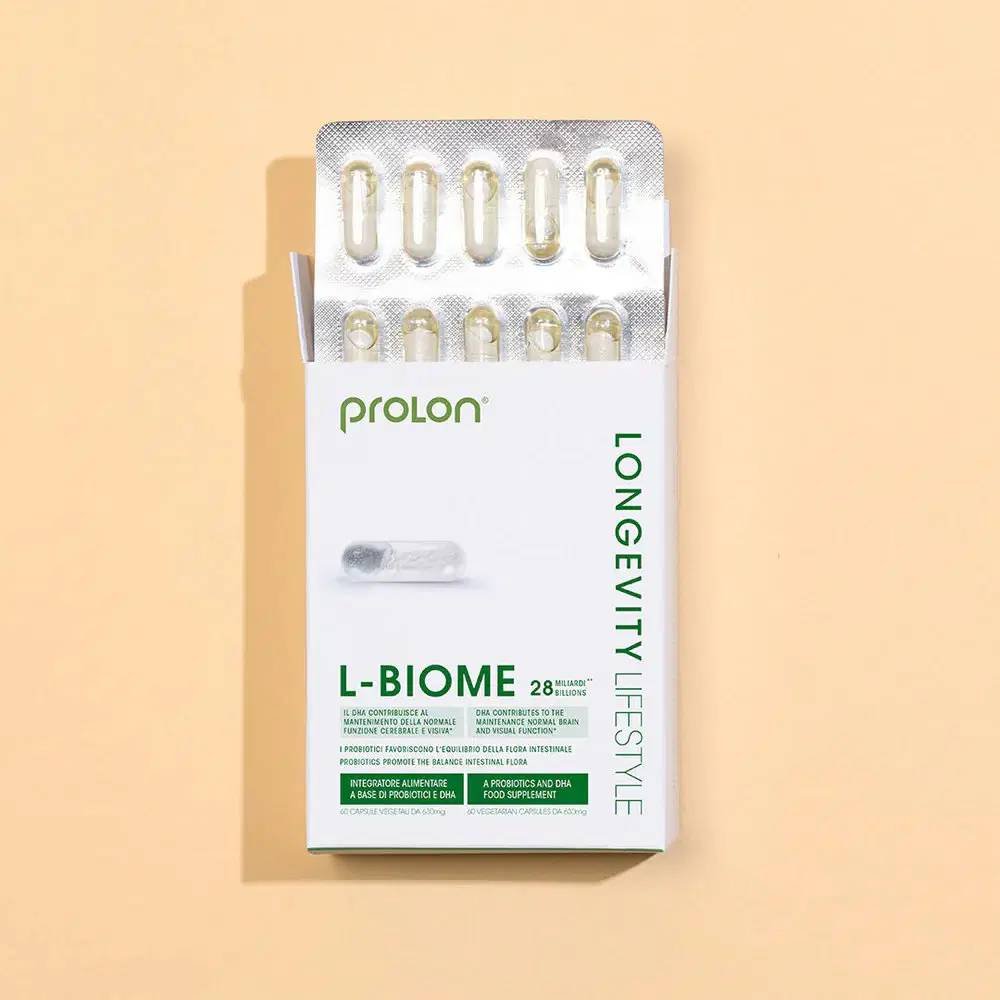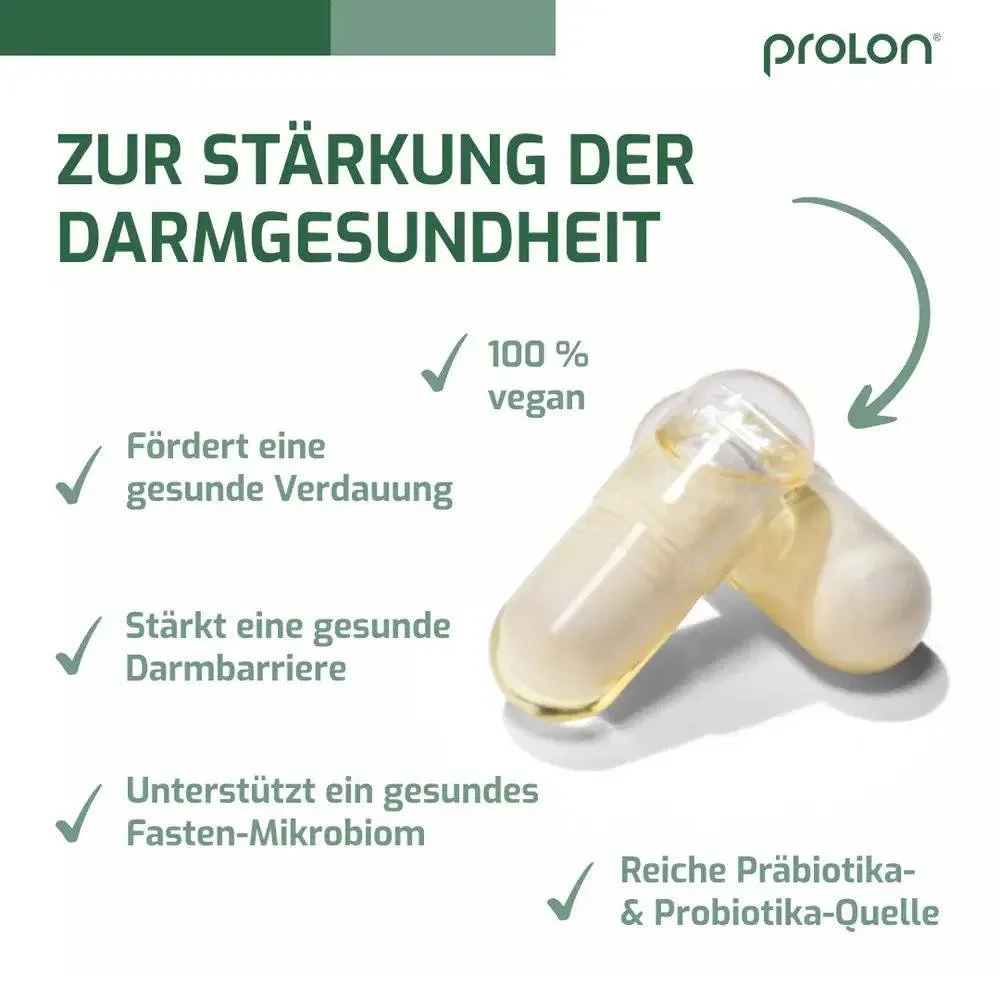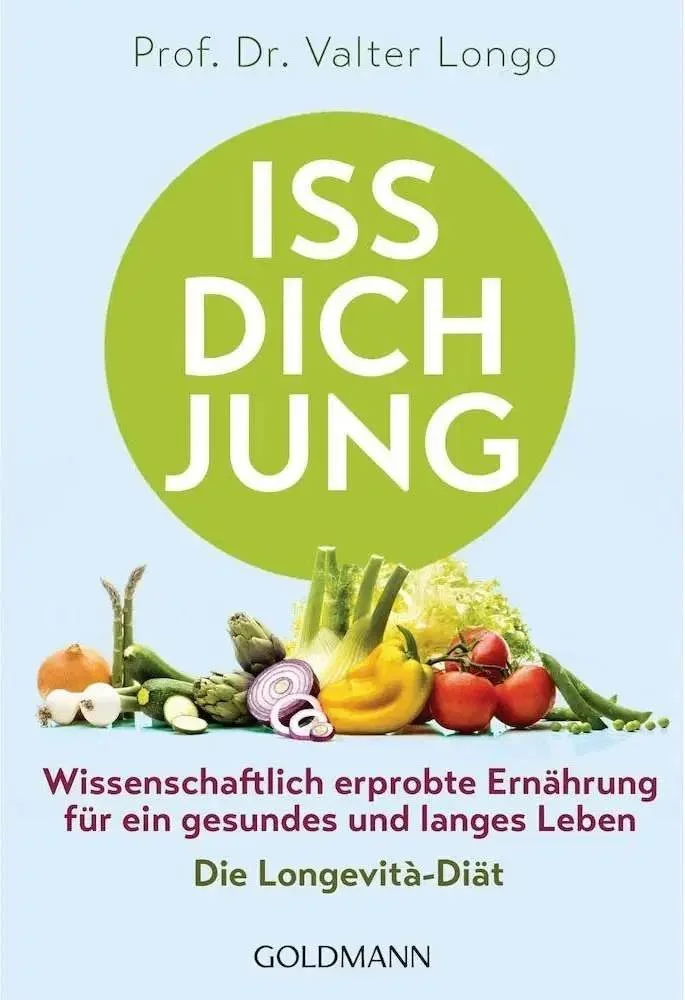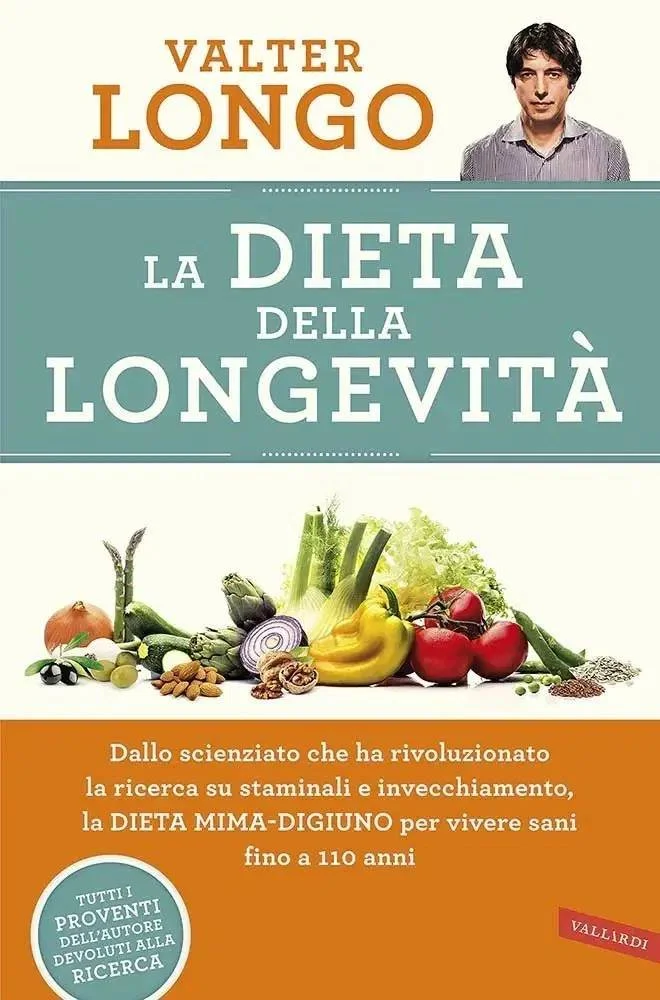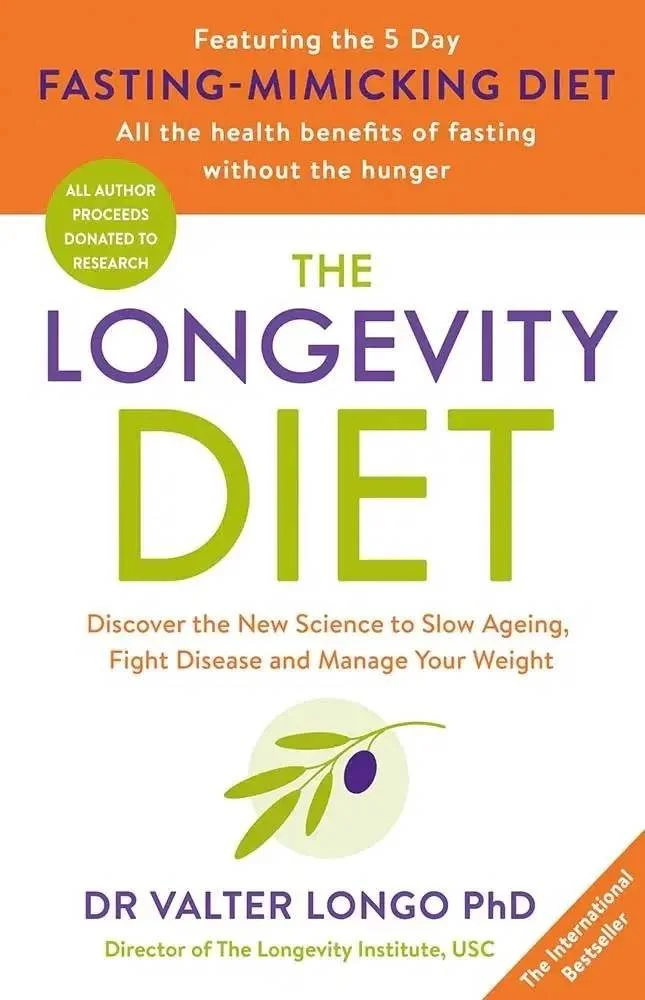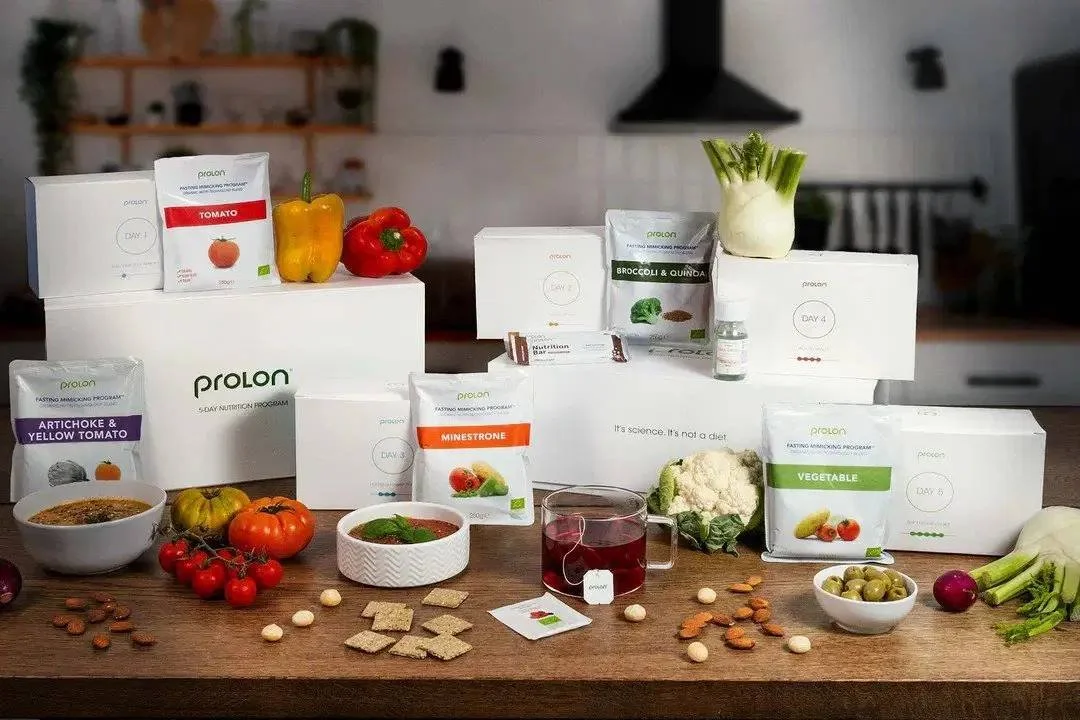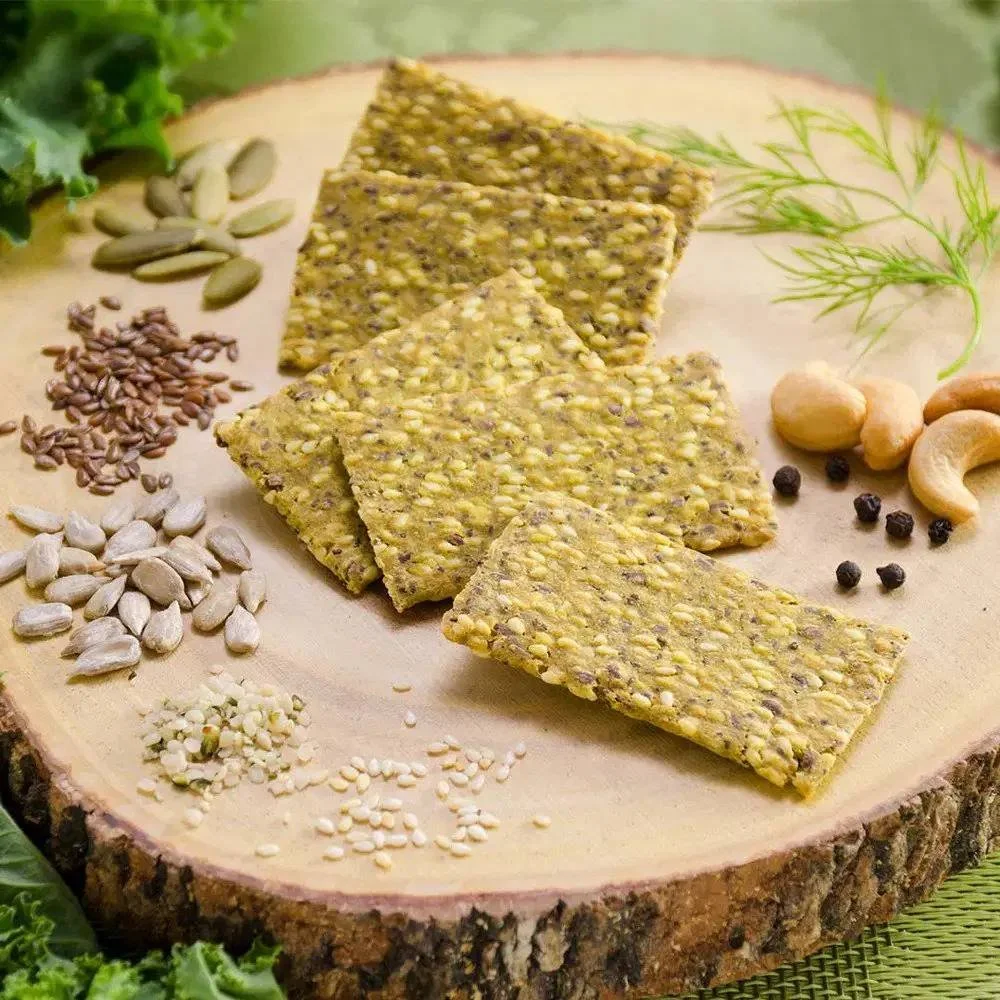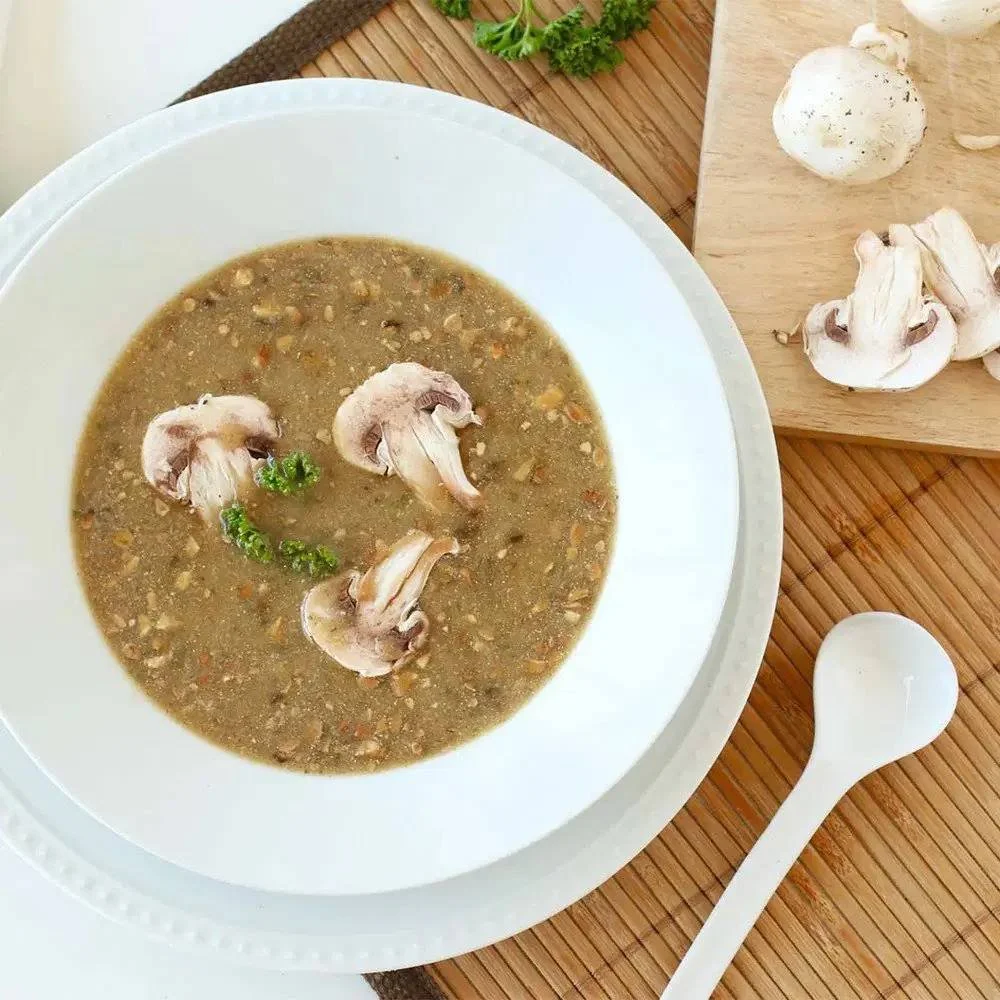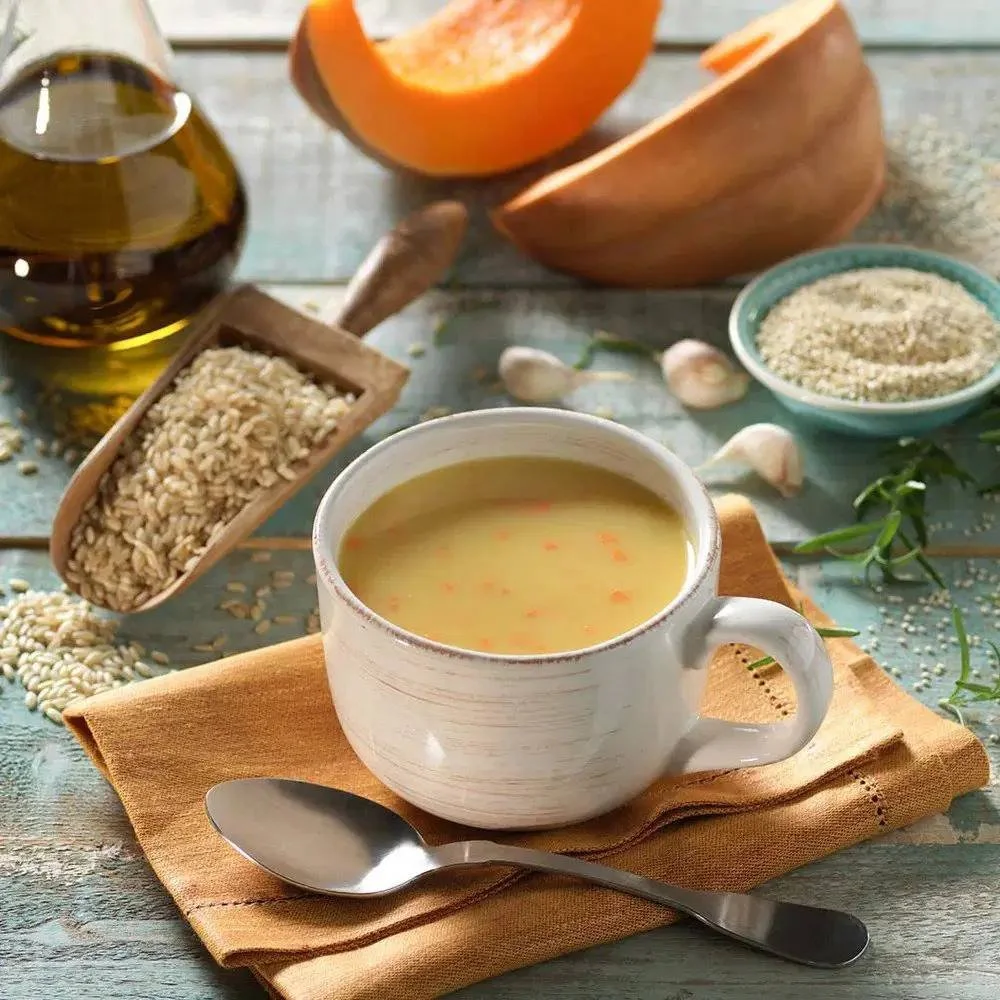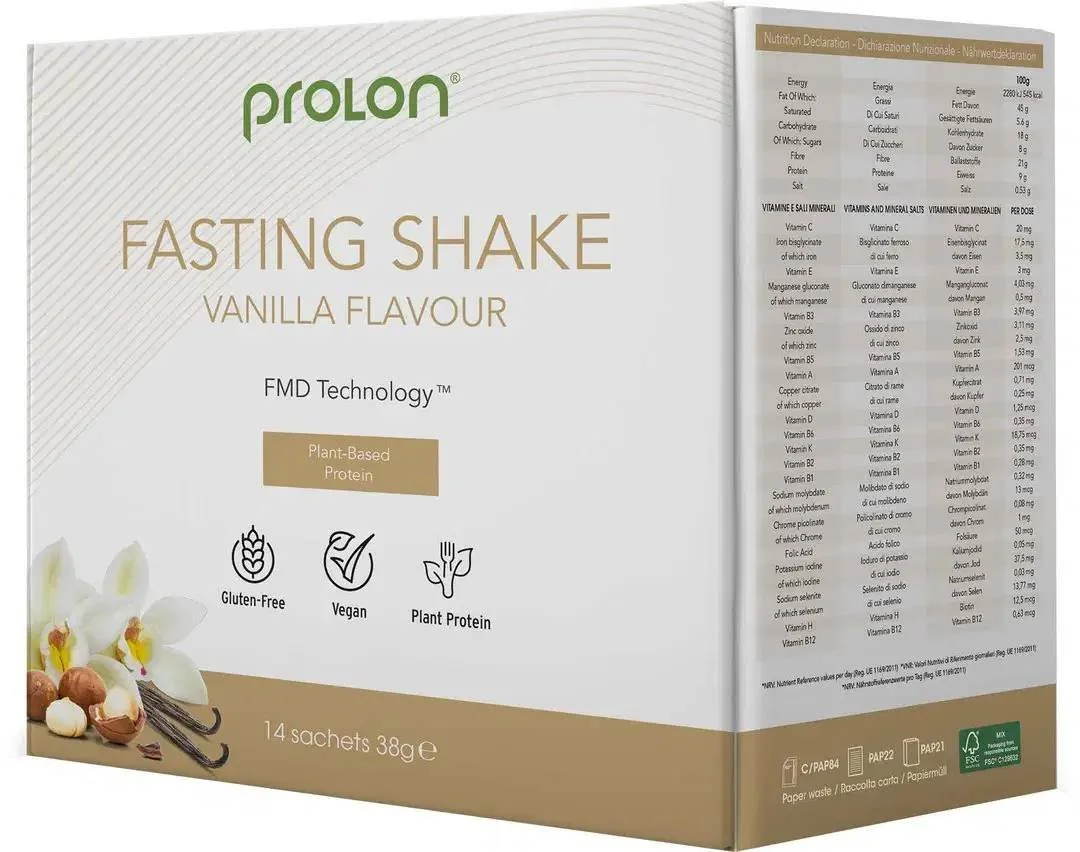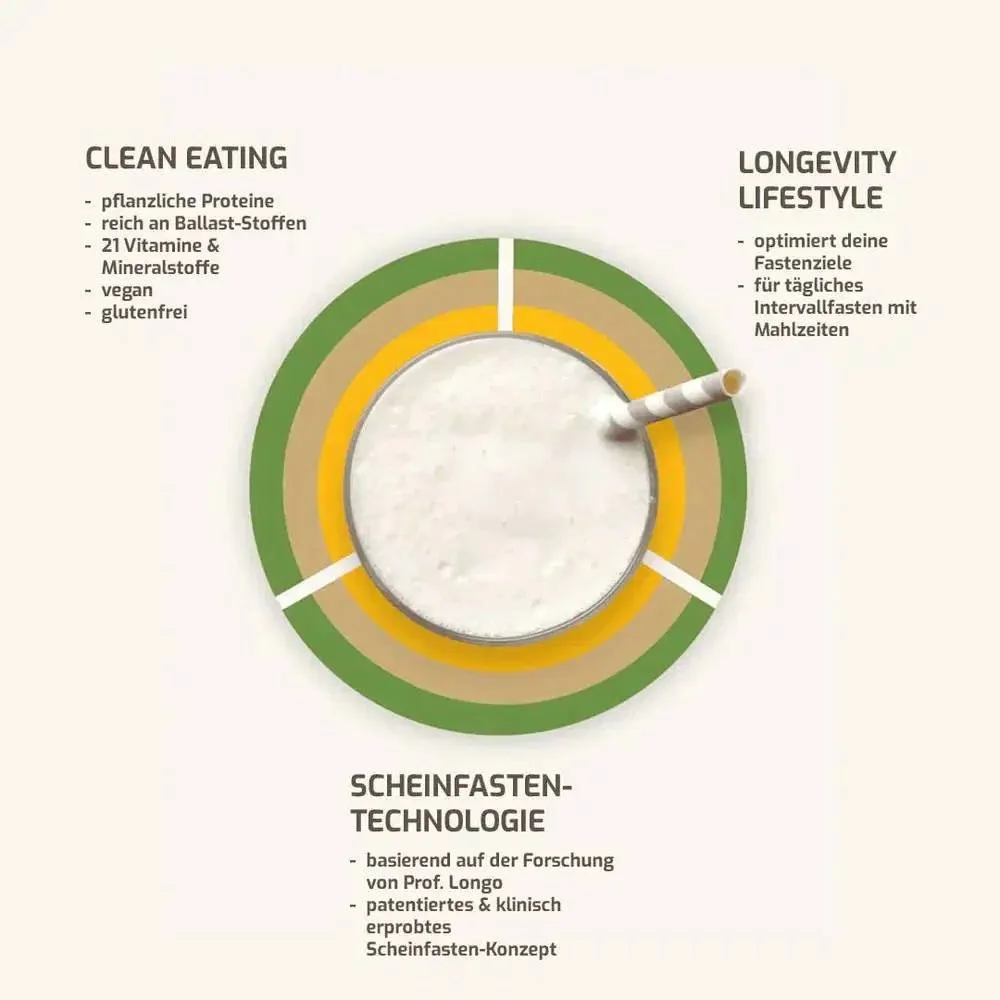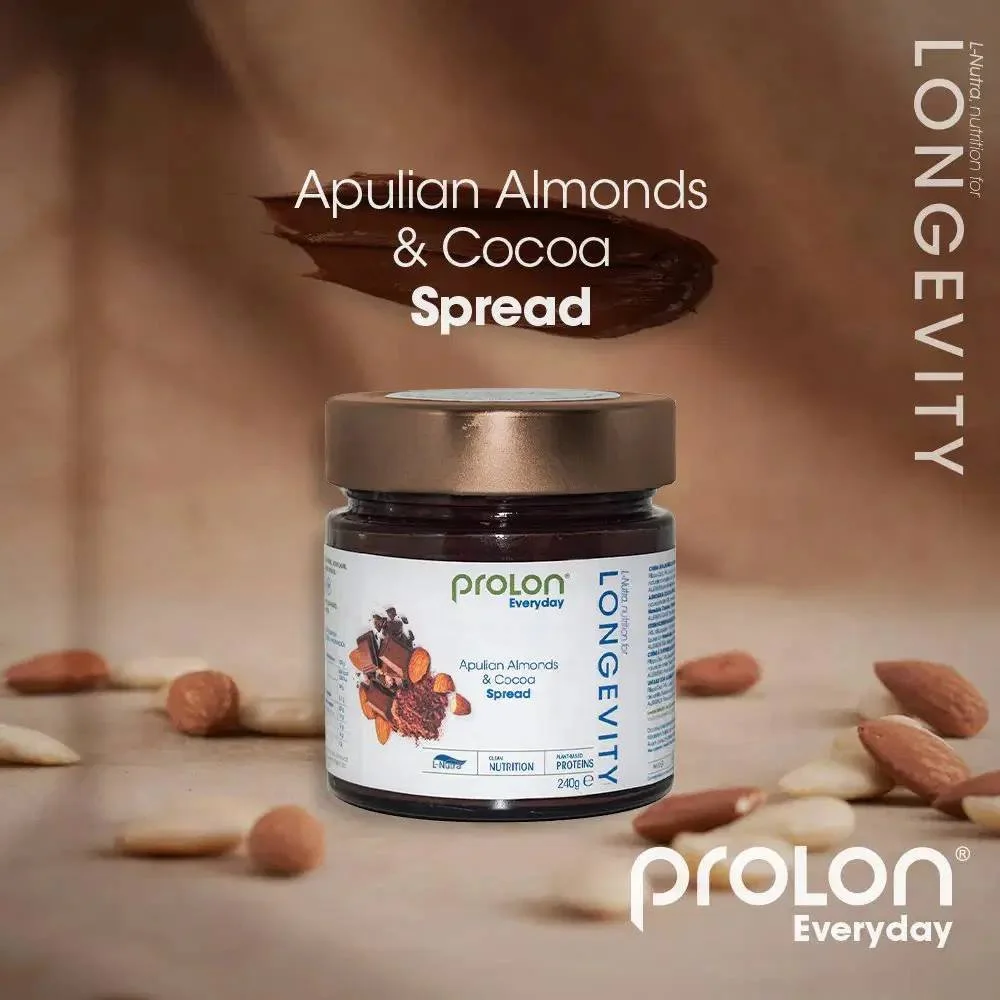L-BIOME for optimal intestinal health
The probiotic strains Bifidobacterium Breve B3 and Lactobacillus Rhamnosus HN001 showed beneficial effects on improving life expectancy and alleviating age-related disorders by regulating the composition of the intestinal microbiota.
Bifidobacterium breve B-3
Clinical tests have shown that taking B. breve B-3 reduced the fat mass of adult subjects with a tendency to obesity. A possible improvement in the systemic inflammatory response was observed with the administration of B. breve B-3.
Lactobacillus Rhamnosus Hn001
This probiotic is particularly resistant to the action of bile. Thanks to this functionality, it is able to colonize the upper part of the small intestine and the colon. Numerous studies show that L.rhamnosus HN001 has a beneficial impact on intestinal barrier function.
Inulin
It is an insoluble fiber. Although processed foods provide taste and energy, they are deficient in fiber and their long-term consumption can lead to various disorders. Several studies show that inulin acts as a prebiotic and can promote the growth of Bifidobacteria and Lactobacillus species in the intestinal tract, thereby promoting a healthy digestive system
DHA
is an essential omega-3 polyunsaturated fatty acid, which is part of the composition of phospholipids in various organs, including the heart, brain and retina. DHA intake contributes to the maintenance of physiological brain function and normal visual capacity. Studies show that European populations consume few foods containing DHA, which creates deficiency situations that can be remedied by supplementation
Lysine
It is an essential amino acid for humans, which must therefore be supplied through food. Lysine plays several roles in humans, mainly in proteinogenesis, but also in the cross-linking of collagen polypeptides.

